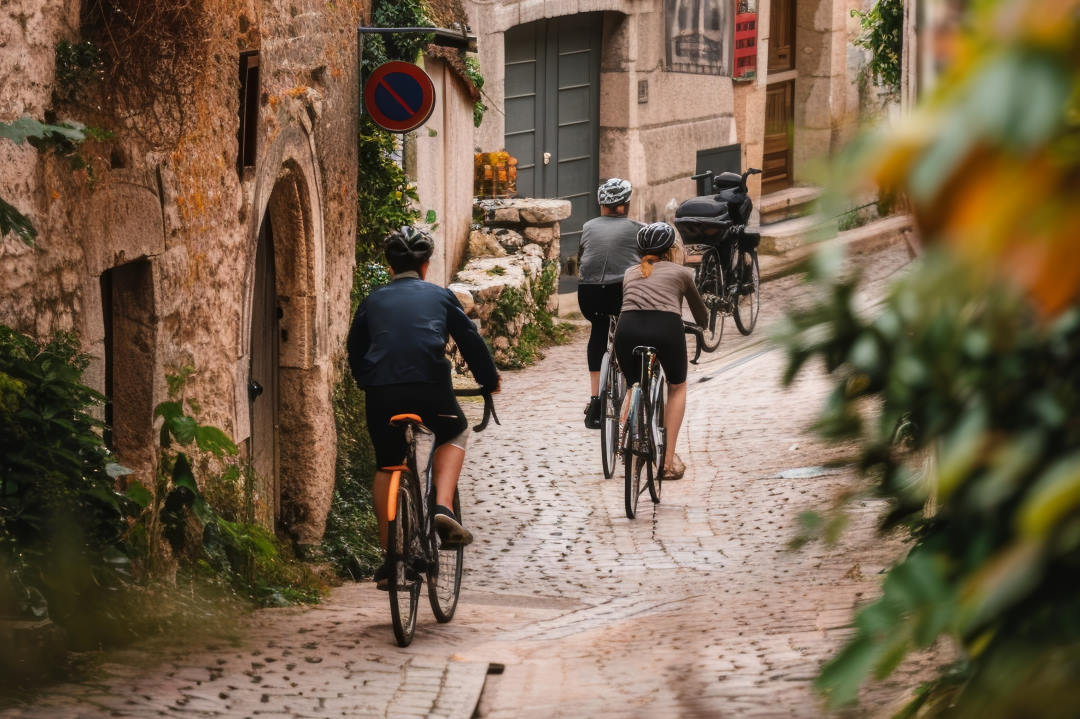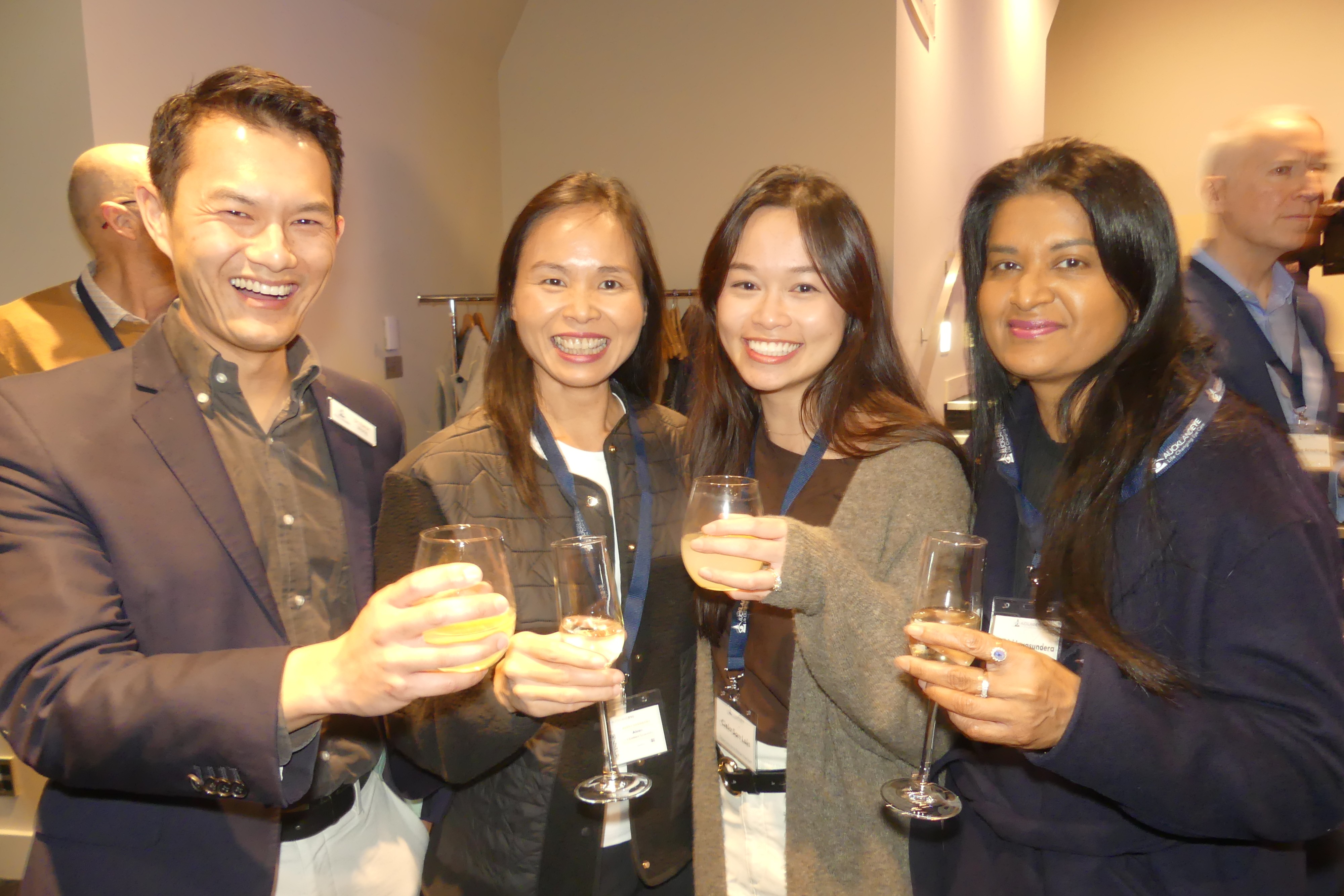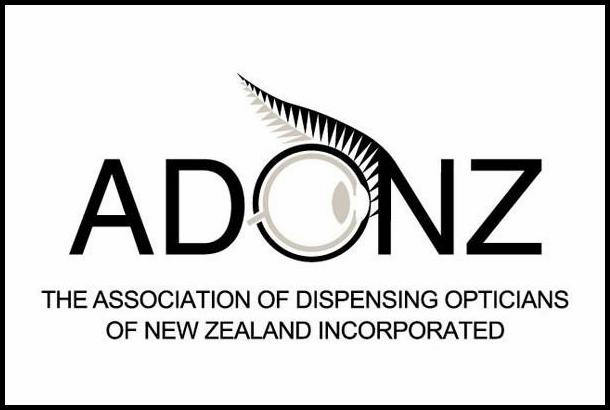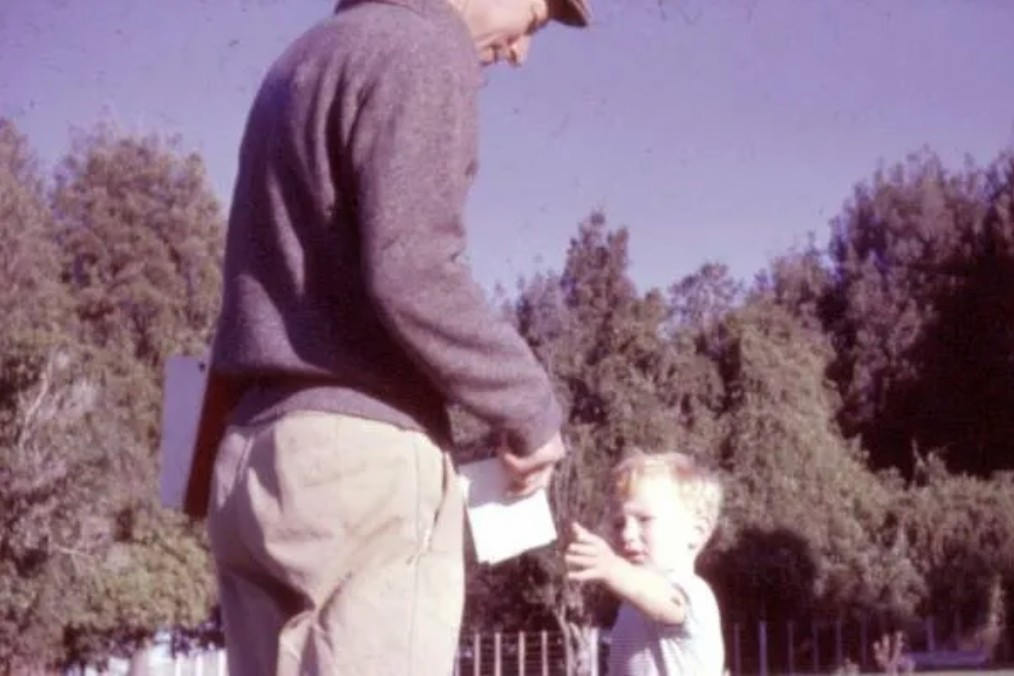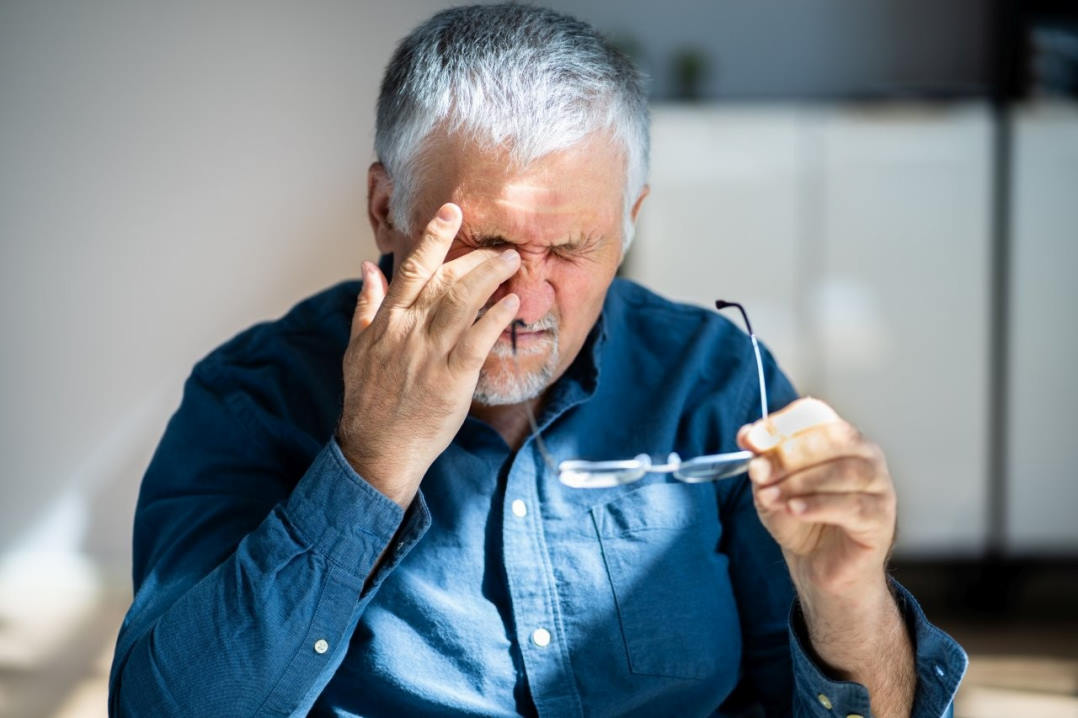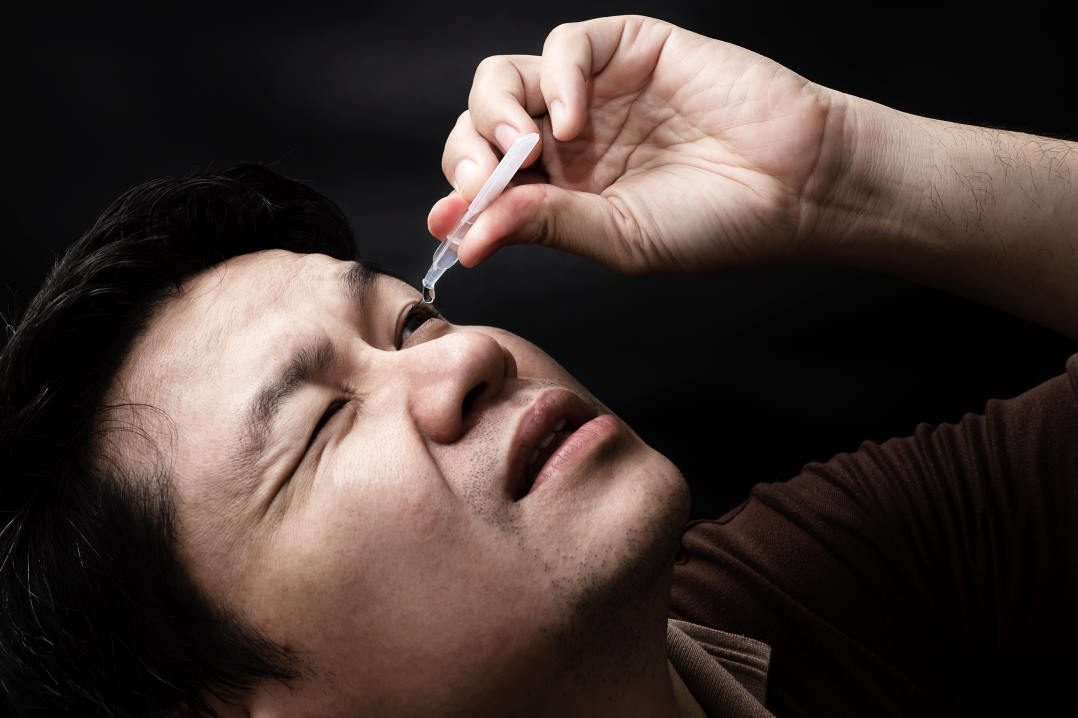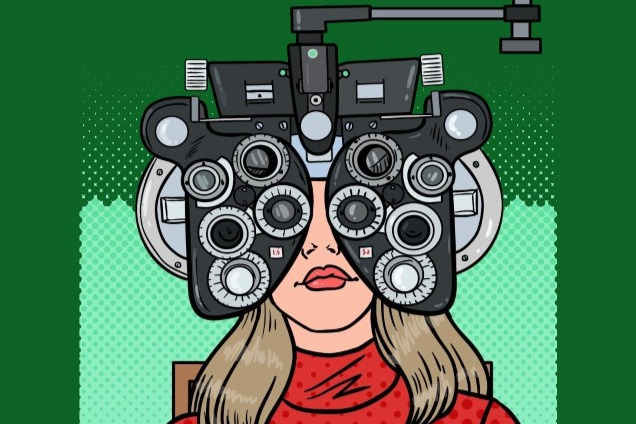Life at the perfect pace: 20kph
In Europe, there is a thing of beauty called the EuroVelo network. At 90,000km long, it connects and traverses the entire continent with long-distance cycleways.
Seventeen cycleways run from Scandinavia to Sicily, from the Atlantic to the Black Sea, winding through thousands of charming cobblestoned villages alongside the continent’s mighty rivers, such as the Rhine and the Danube. I have just finished riding from Nantes to Budapest with an old mate, alongside said rivers, on EuroVelo six, and it was even better than I had imagined.
Whose idea was this? The European Cyclists' Federation, back in 1995, which knew, as anyone who rides a bike does, that if you can give people a long endless paved pathway of their own to take them at the perfect travelling pace from one town to the next, the riders will come. And they will tell many others. And many more will come. And soon even old guys in New Zealand will be reading about it with envy and saying, “Yes please, I'd love to get in on this idea of [and let me just copy and paste the mission statement] promoting sustainable tourism, encouraging healthy lifestyles and providing an eco-friendly way to explore Europe's diverse landscapes and cultures”.
Twenty kilometres an hour is truly the best pace for rolling through the world and breathing it all in. What we were mostly doing was inhaling a continent, loving its ways and its food. Rolling, talking and quietly thinking things like ‘How many years would this canal have been used before technology superseded it?’ and ‘Will we stop at this town or the next for coffee?’.
Tyred and Hungary
On a bike, you can stop at will, so you do – to take a photo of cattle on a Sunday morning; a dad out fishing with his son on the canal; a bird of prey hovering more or less stationary above its quarry; Roman ruins; statues of Stalin being offered as novelty in a headstone warehouse in Germany (or was it Hungary?).

Taking a break on the EuroVelo’s route six
Cruising along smooth, level asphalt, crunchy tracks, along canal paths and river banks, and only occasionally being pitched back into the company of cars and trucks, you are immediately reminded how much better it is to be separate. It’s such a joy to roll into a tram-dominated town or city and see how beautifully everything meshes. How wonderful, how easy, how relaxed things become when the cars are moved to one corner of the equation. There’s so much more room for people to sit and talk, walk, eat, jump on a tram and move freely from one place to another.
And bikes everywhere! Bikes of every kind! Bikes being ridden as though it's the most ordinary and easy thing in the world. There is a kindred spirit among bike people, out on the trails, all of you hauling your worldly effects in panniers and dry bags. There was also the kindly spirit of townspeople who would see you puzzling over your next move and offer their help.
In Deggendorf, Germany, a man whose face was concealed behind shades, bike helmet and drooping moustache hailed us from across the intersection to ask where we were headed. The Zentrum, we told him, for something to eat and somewhere to stay the night. We liked the German guesthouses – somewhere to get clean, get a refreshing beverage, find yourself a righteous meal, a base from which to stroll around the old town. The EuroVelo consistently delivers you along cobbles into the old towns. The man considered all this for a moment, contemplated giving directions, then said, “You should follow me.” We duly followed him along quiet cycle paths, winding comfortably towards the Zentrum and a warm welcome. We thanked him and eventually persuaded him to join us for a beer, taking a seat at the biergarten table where we'd brought the bikes to a halt. We enjoyed a friendly drink and another, getting to know a kindly man of 83 in a beautiful German town square.
People would see us from their desk and come outside to chat, maybe for the pleasure of imagining rolling off out of town on this sunny morning. They would look up at the sky with us and assess the weather prospects, perhaps offer us a coffee, or maybe just some cheerful company.
No strangers on the EuroVelo, only friends you haven't yet met.
Ironic, really, that we have made the riding of a bike into such an act of contention, controversy, confrontation and derision, because along those 90,000km they haven’t just created a safe lane for everybody, they have also created a warmth that is really quite lovely.

David Slack is an Auckland-based author, radio and TV commentator and speechwriter and regular contributor to NZ Optics.







